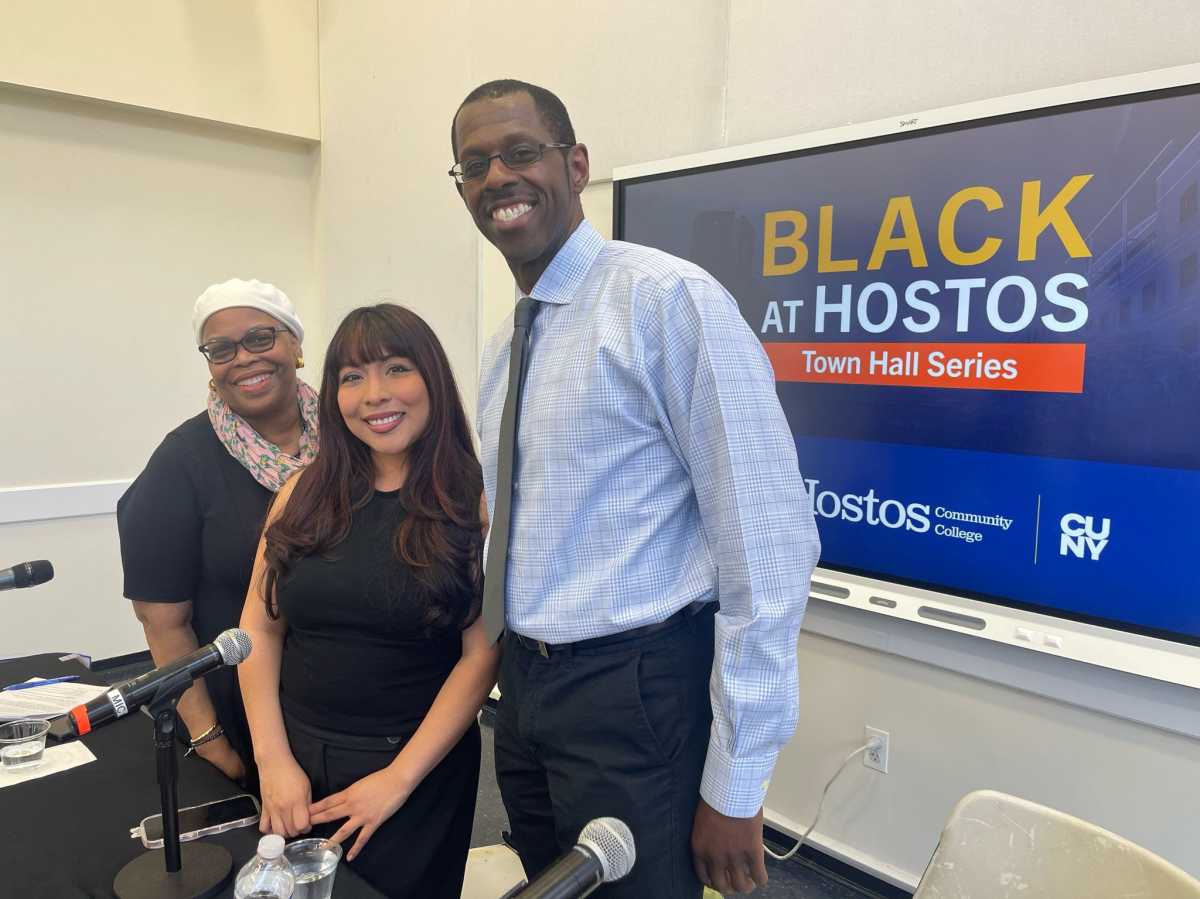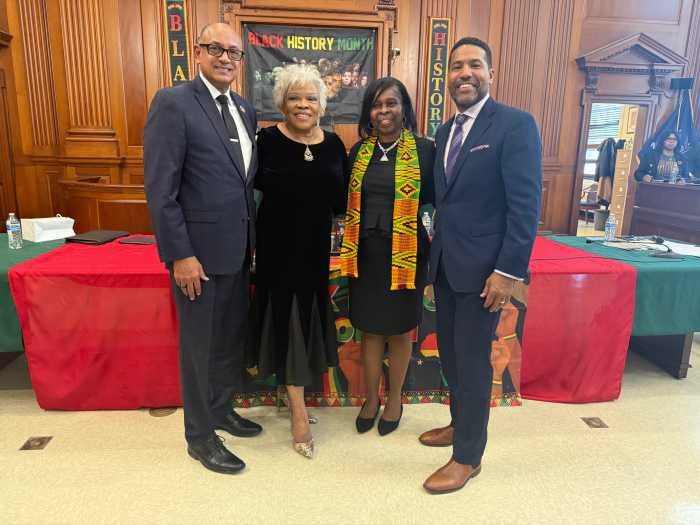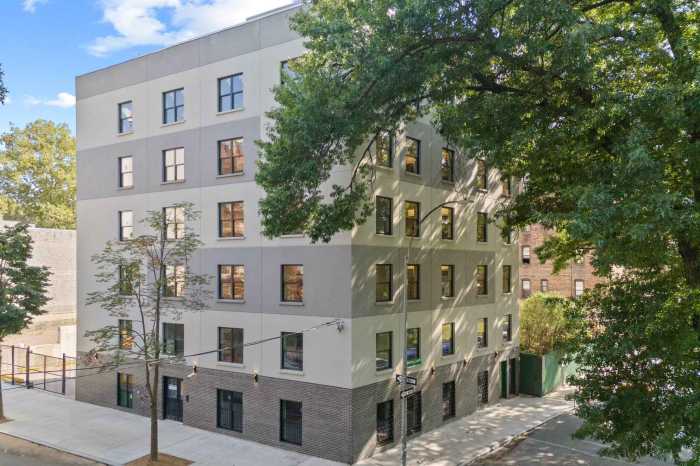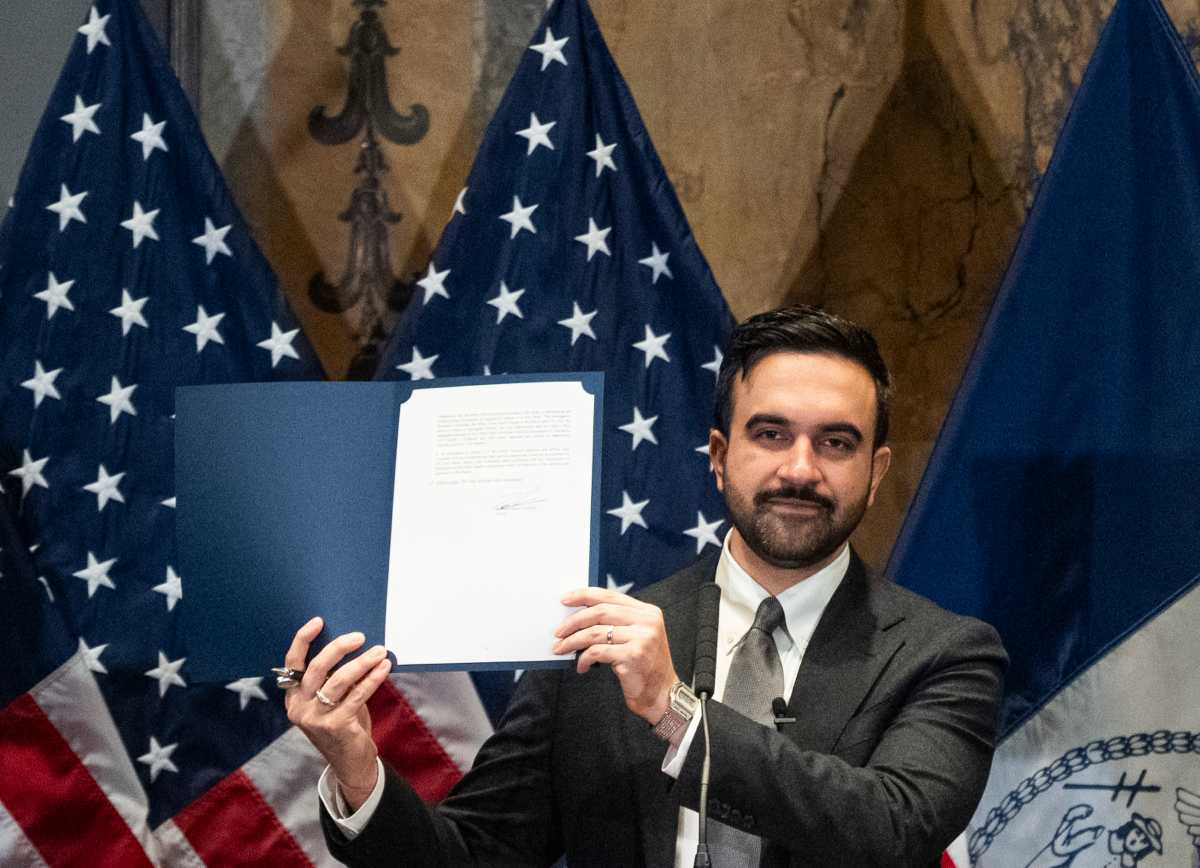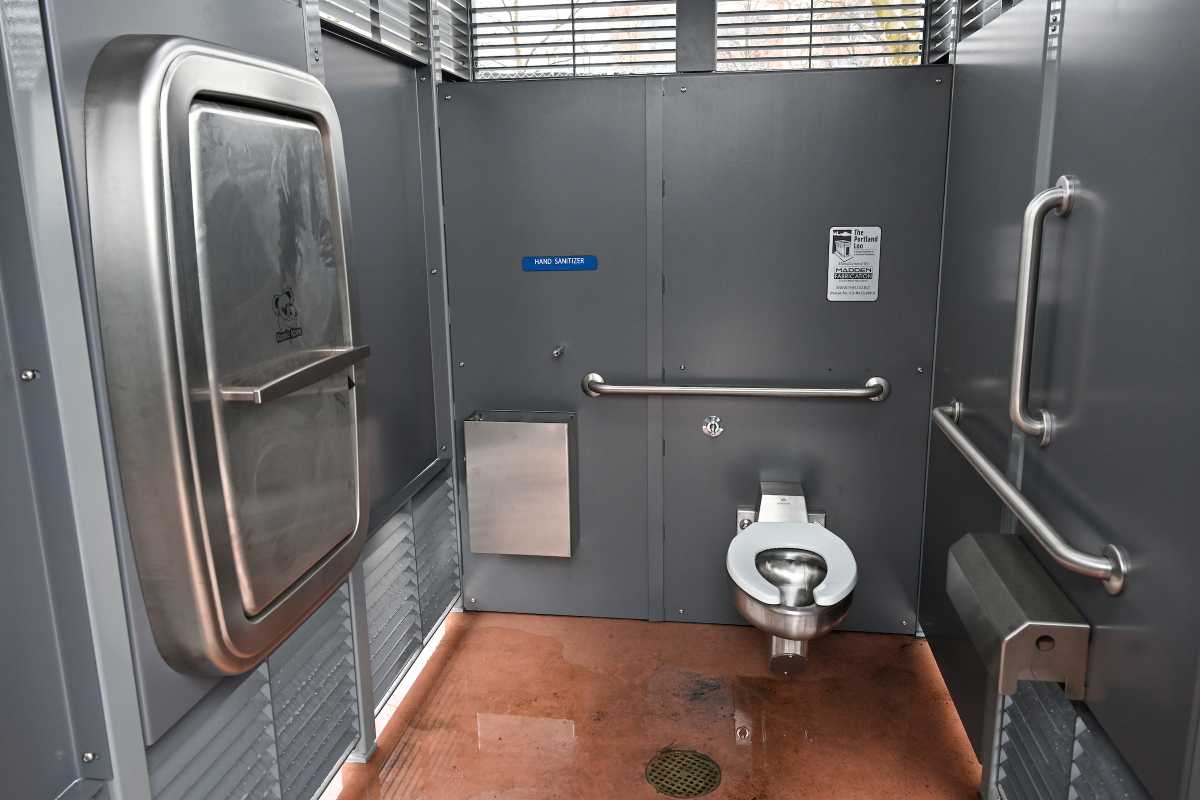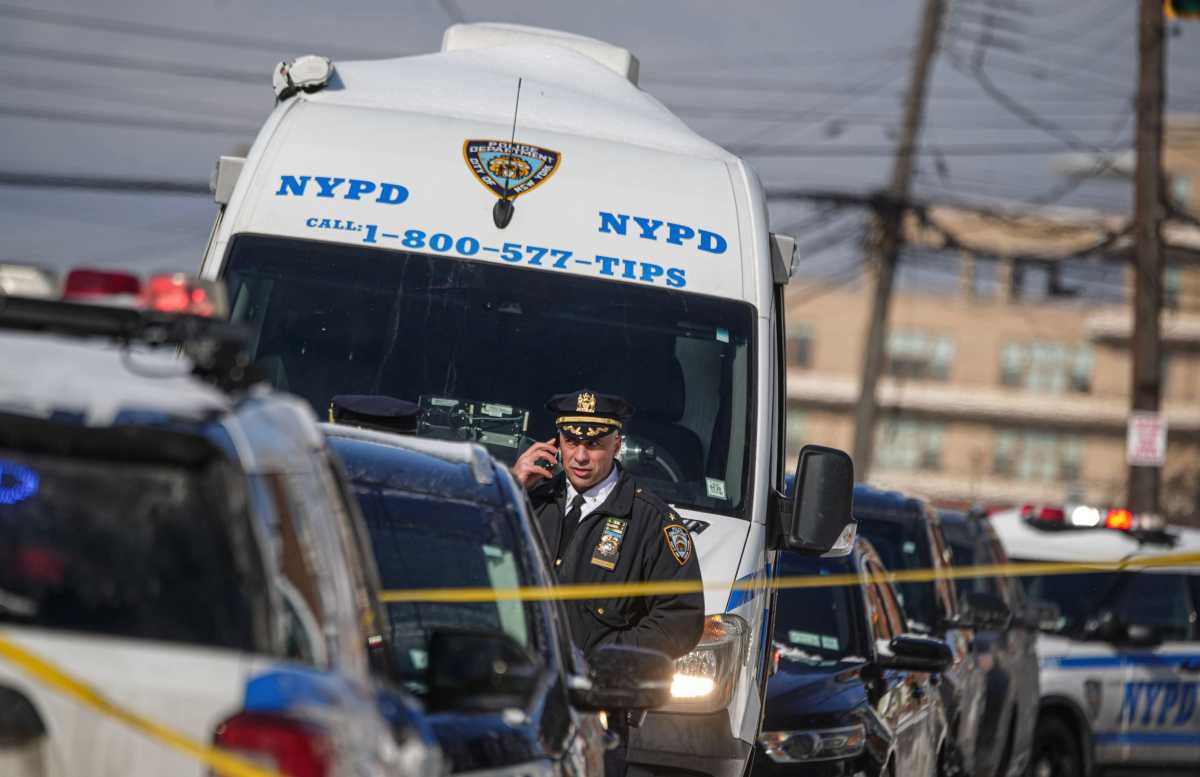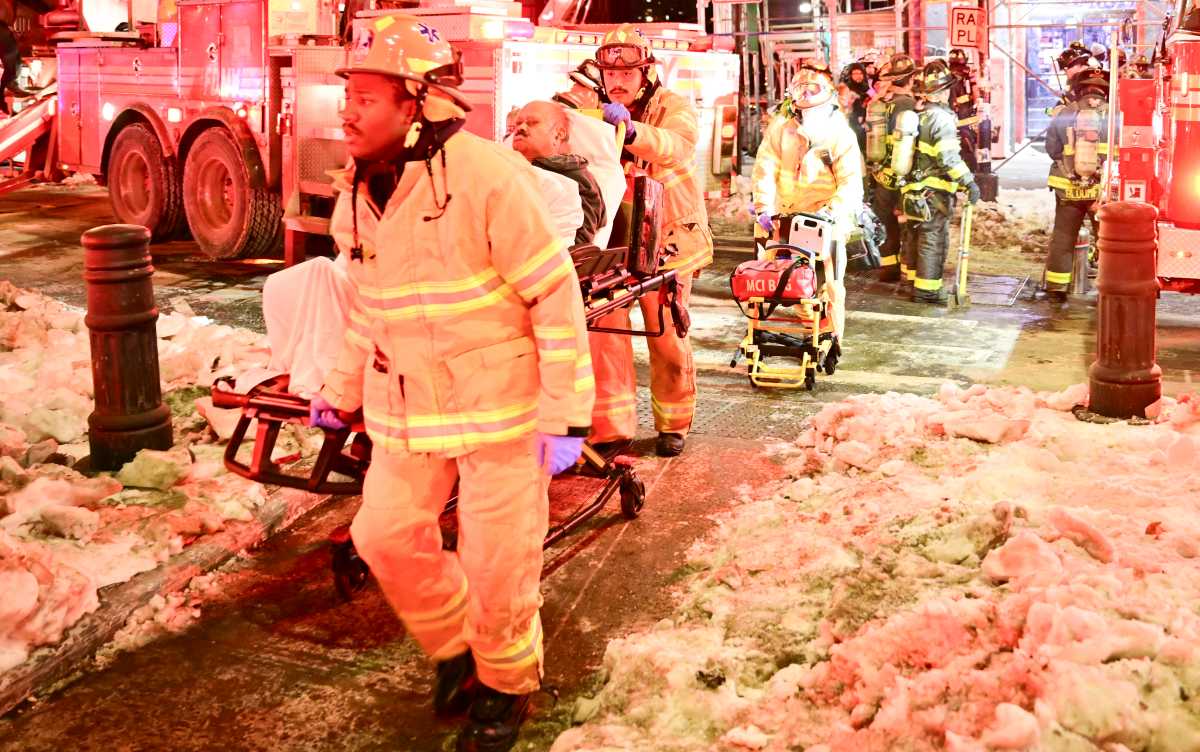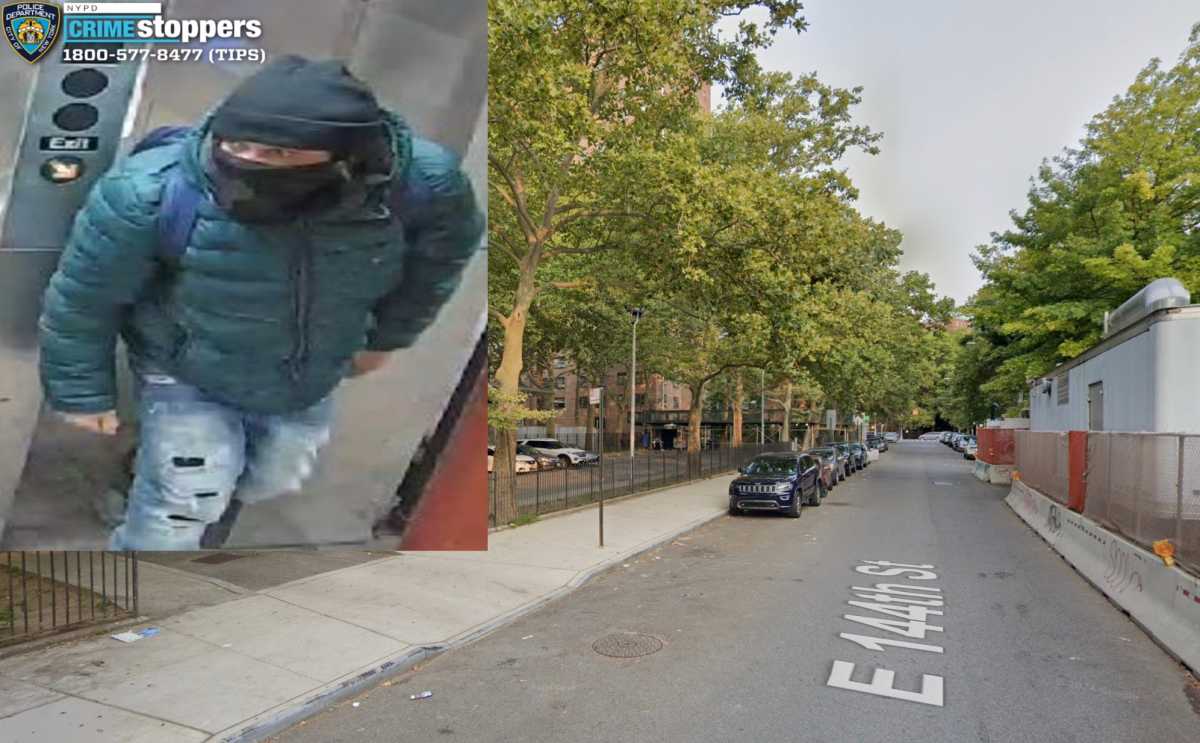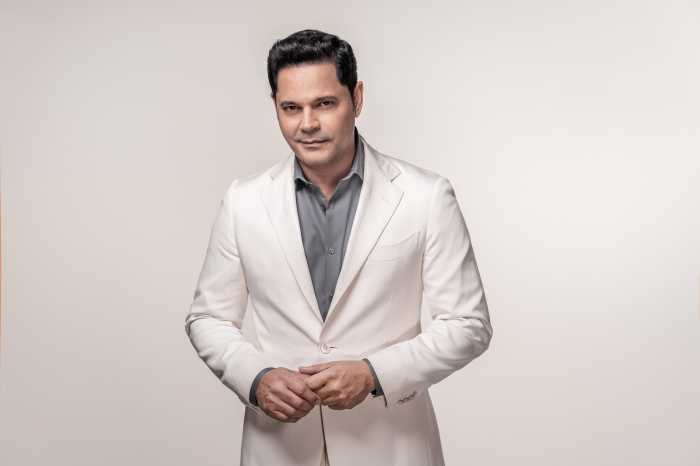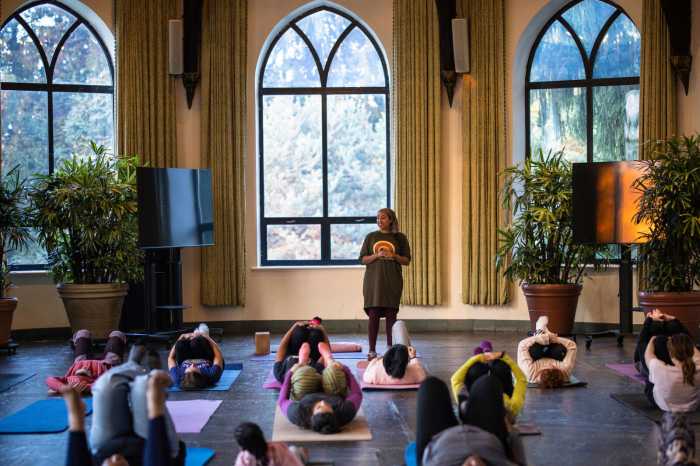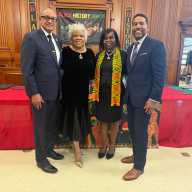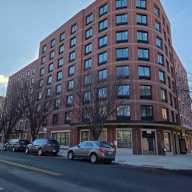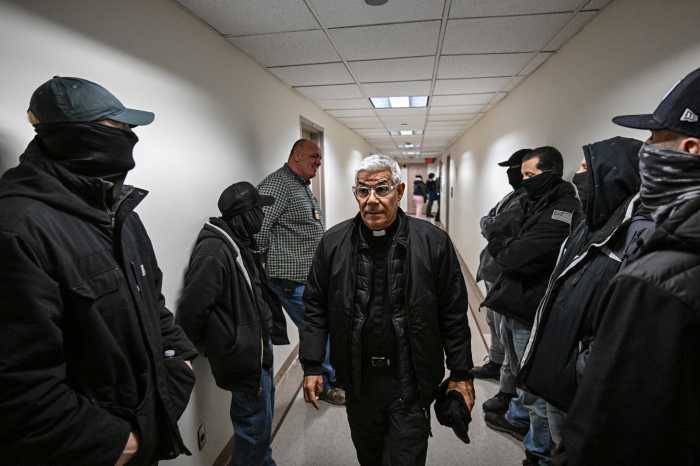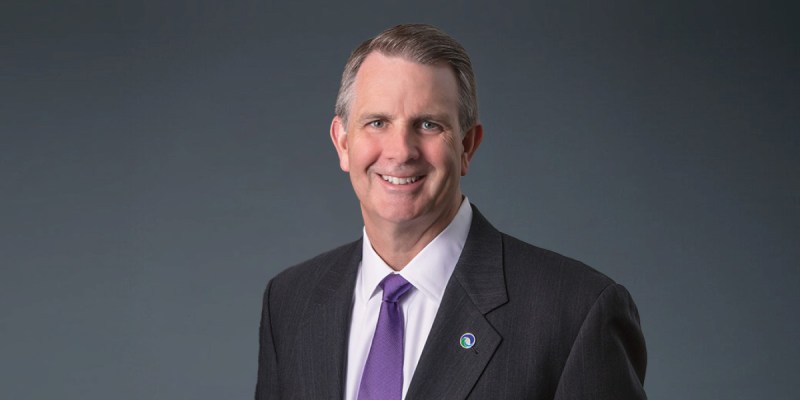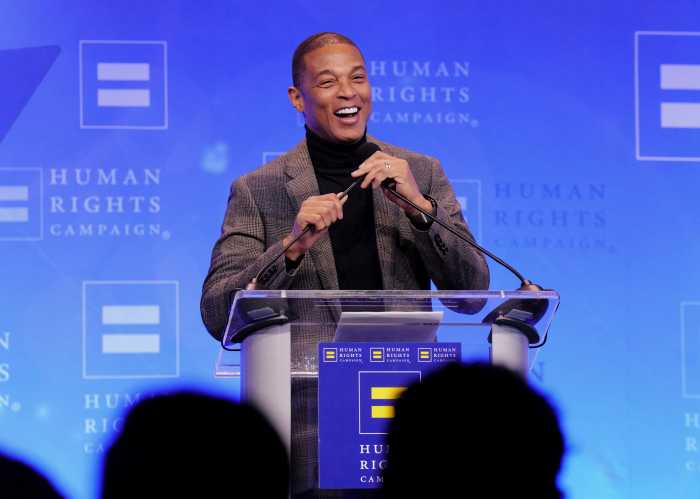Immigration professionals shared their personal stories and professional insights Thursday at Hostos Community College in the South Bronx during a town hall discussion on the impact of immigration policies, the college announced.
The event, titled “Beyond Borders: Future of Immigration in America,” was led by Cynthia Katz, managing attorney at HIAS (formerly the Hebrew Immigrant Aid Society), and Hostos alumna and immigration social worker Denise Herrera. In addition to sharing their experiences, Katz and Herrera offered practical advice to vulnerable Bronx residents navigating today’s immigration system.
Hostos Community College President Dr. Daisy Cocco De Filippis opened the evening by emphasizing that community is not defined by skin color or country of origin, but by shared values and a common worldview.
“Kindred spirits are anyone, however diverse they may be, who share your values, your hope, and your care,” she said.
During the discussion, Herrera reflected on the fear and uncertainty she experienced when her father was deported under the Obama administration, drawing a connection to the current administration’s broader mass deportation policies. She noted that today, both legal and undocumented immigrants have been deported without judicial proceedings.
“Regardless of the harm they may or may not have caused, everyone deserves the right to due process,” Herrera said to the audience.
Bronx communities experienced similar fear and uncertainty during the early months of the Trump administration, when Secretary of Homeland Security Kristi Noem and federal agents carried out one of the first high-profile ICE raids in the borough in late January, just days after Trump took office. While the raid targeted individuals suspected of gang affiliations, it caused panic for many immigrants.
Katz, who works with the nonprofit HIAS, explained that the organization has expanded its mission from resettling Jewish refugees fleeing Eastern Europe in the early 1900s to assisting refugees from around the world. She told the audience she has received panicked calls from clients fearful of ICE raids, too afraid to leave their homes, ride the subway, or enter schools.
“Even if someone isn’t deported, the trauma of detention and the constant fear – those scars run deep, not just for the individual, but for entire families and communities,” Katz said.
In late February, ICE agents detained 19-year-old Merwil Gutiérrez just outside his Bronx apartment and sent the teen to the infamous Center for Terrorism Confinement (CECOT) prison in El Salvador.
Gutiérrez, according to the nonprofit newsroom Documented, had no criminal record, no tattoos and was reportedly known to not be a member of the Venezuelan Tren de Aragua gang ICE intended to target. He and his family had legally entered the U.S. in 2023, fleeing Venezuela’s political and economic turmoil, and were awaiting a 2027 court date for their asylum application.
The immigration experts called on the audience to lean on each other — to build community through care, support, and shared knowledge of the immigration system. They stressed the need for self-care, keeping a low digital footprint, and standing together to stay safe.

